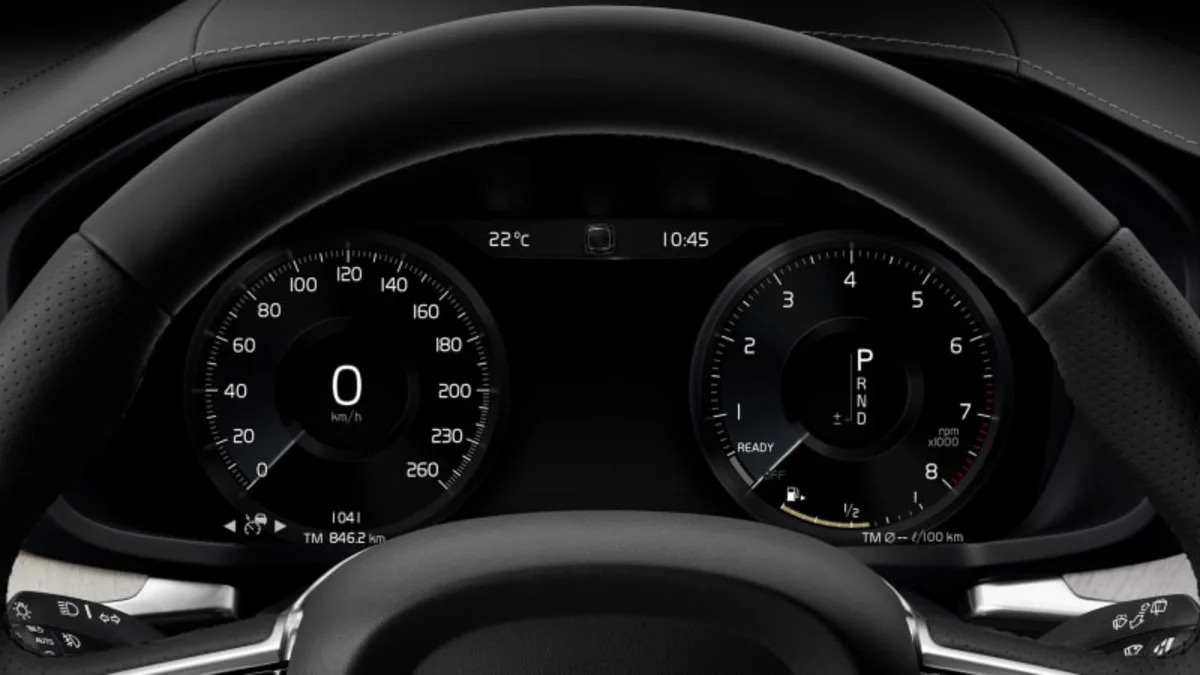"Volvo is a leader in safety: We always have been and we always will be," said Håkan Samuelsson, president and chief executive. "Because of our research, we know where the problem areas are when it comes to ending serious injuries and fatalities in our cars. And while a speed limitation is not a cure-all, it's worth doing if we can even save one life."
Volvo's flagship XC90 SUV currently has a top speed of 131 mph.
Samuelsson, speaking ahead of the Geneva Motor Show, said it is unlikely to meet the Vision 2020 goal without additional measures to address driver behavior.
"We've realized that to close the gap we have to focus more on the human factors," Samuelsson told Reuters. Volvo did not elaborate on the data but said its passenger fatalities were already well below the industry average before the goal was announced in 2007.
In addition to the speed cap, Volvo plans to deploy technology using cameras that monitor the driver's state and attentiveness to prevent people driving while distracted or intoxicated, two other big factors in accidents, Samuelsson said.
There's also nothing preventing these Volvos from being driven at 60 mph in a 30 mph zone yet, except for proposed EU-mandated automatic speed limiters. But Volvo is also looking into limiting lower speeds with technology. Volvo's statement says: "Apart from limiting top speeds, the company is also investigating how a combination of smart speed control and geofencing technology could automatically limit speeds around schools and hospitals in future." In other words, if drivers cannot be trusted to make the decision to slow down, the cars will do that for them.It has to be said the 112 mph limit is somewhat peculiar. Even if Japanese home market cars have had the same speed limit implemented for ages, there aren't that many countries where you can legally pass 110 mph. European highway limits are usually around 75-80 mph at maximum, and crashing at 90-100 is already dangerous enough. It feels like Volvo has set a limit no one would ever reach in normal driving, except perhaps on the German Autobahn. Samuelsson conceded that the limit could be a turnoff for German buyers.
That also brings us to an another aspect of the matter: which more strongly affects sales, a message that a manufacturer voluntarily limits its cars from reaching a certain speed, or that the cars are guaranteed to attain a given speed that few buyers ever reach?
"We cannot please everybody, but we think we will attract new customers," the CEO said, recalling that the roll-out of three-point seat belts pioneered by Volvo in 1959 had initially been criticized by some as intrusive.
"I think Volvo customers in Germany will appreciate that we're doing something about safety," he said.
Material from Reuters was used in this report.



Sign in to post
Please sign in to leave a comment.
Continue